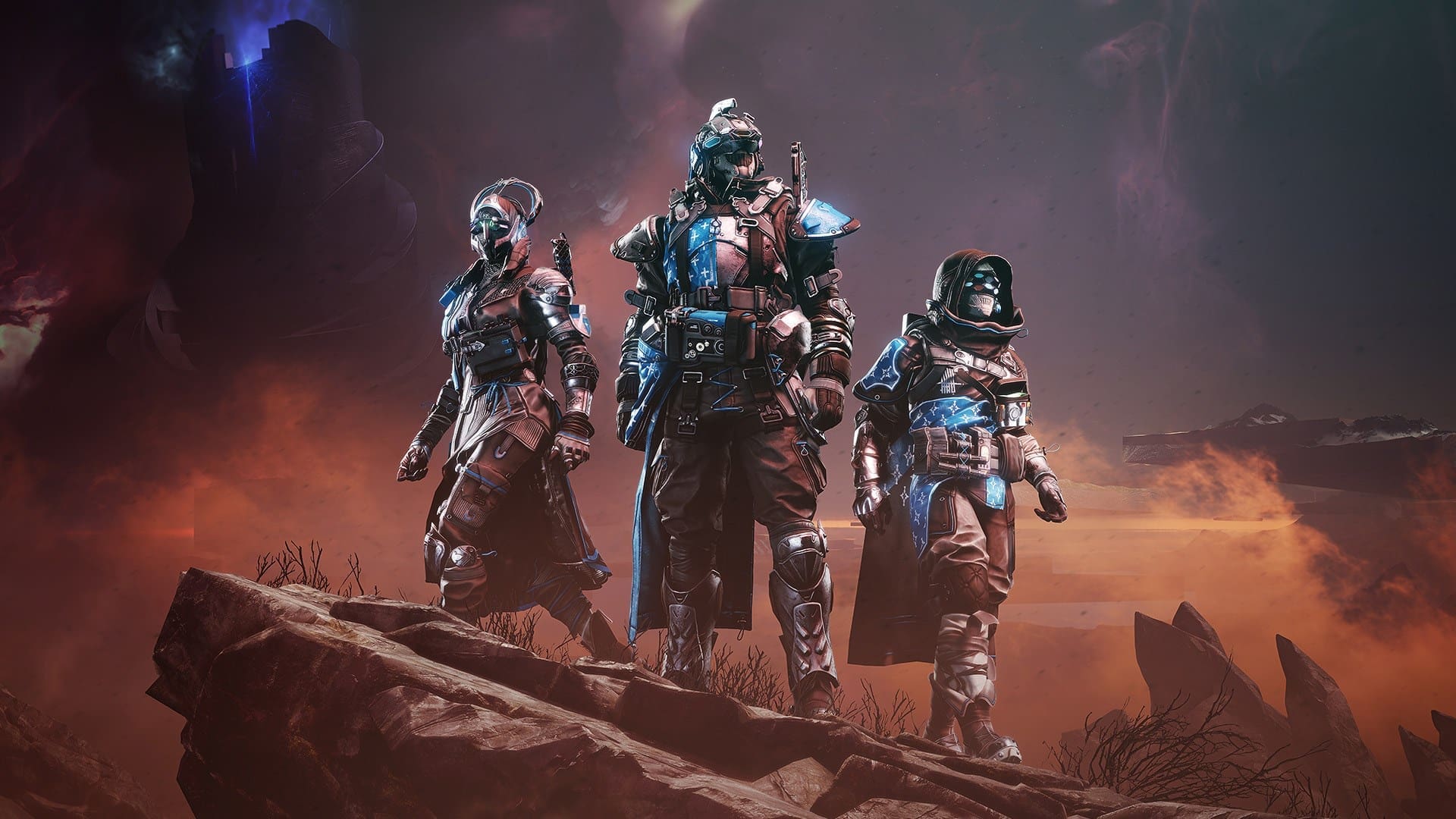Destiny 2 boasts a seamless cross-save system, allowing Guardians to continue their adventures across multiple platforms. However, the joy of that freedom is marred by a significant catch: Expansions and purchased content, even down to the virtual currency Silver, are locked to the platform they were initially bought on.
This outdated model frustrates the modern gaming landscape and highlights Bungie’s need to evolve its licensing practices, especially given the perception that it has sunk into the depths of predatory monetisers.
Why It’s a Problem
Bungie’s expansion model means that dedicated players often have hundreds of dollars invested in the game. Switching platforms forces them to choose between abandoning that investment or paying those exorbitant prices again. For example, with the upcoming Final Shape expansion costing up to $149.95 AUD, players who move platforms are faced with a significant barrier to their continued enjoyment of the game.
Why should this be infuriating for players like yourself:
- The Expectation of Cross-Progression: In an era where cross-save and even cross-play are becoming the norm, it feels counterintuitive to restrict purchased content in this way.
- Financial Burden: Forcing players to re-purchase entire expansions or seasons on multiple platforms is incredibly consumer-unfriendly, especially given the game’s ongoing model.
- A barrier to Entry: Friends moving between platforms might be less inclined to play Destiny 2 if it requires significant re-investment on their chosen platform. Less so with cross-play, but a burden nonetheless.
- Missed Opportunities: The lack of cross-platform licenses discourages experimentation. Players might miss out on console-exclusive content or stick with a less-preferred platform to avoid losing their purchases.
A Modern Solution
At its core, the frustration with Destiny 2’s licensing boils down to a lack of respect for player investment. Bungie charges premium prices for expansions and content, yet that content isn’t guaranteed to be permanently accessible.
The controversial “content vault” has seen entire sections of the game, like the Red War campaign, removed from player access despite players having paid for them. A truly modern solution should acknowledge this reality and prioritise player investment.
How could the issue could be addressed by Bungie:
- Account-Based Content Licences: Licensing expansions and other paid content to a player’s Bungie account would offer true flexibility rather than be tied to specific platforms.
- Unified Ecosystem: Creating a unified Destiny 2 marketplace accessible across all versions would streamline the game’s economy and respect player investment.
- Subscription Alternatives: While not a direct solution, making major expansions part of a subscription service could mitigate the pain for players who frequently move between platforms.
It’s Time for Change
Destiny 2 constantly evolves, and its licensing model needs to catch up. Bungie has the power to create a seamless player experience across platforms that respects their players rather than treating them like slot machines, and it’s time they did so. Addressing this long-standing complaint would be a significant step towards prioritising their dedicated community and respecting player investment.





